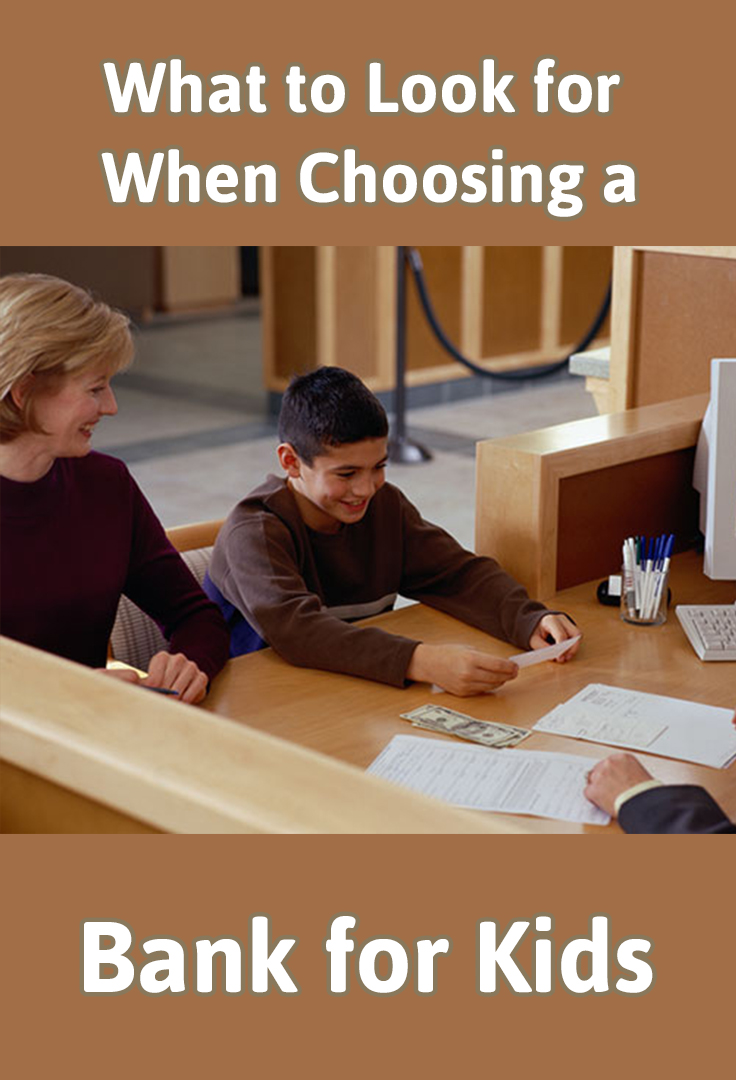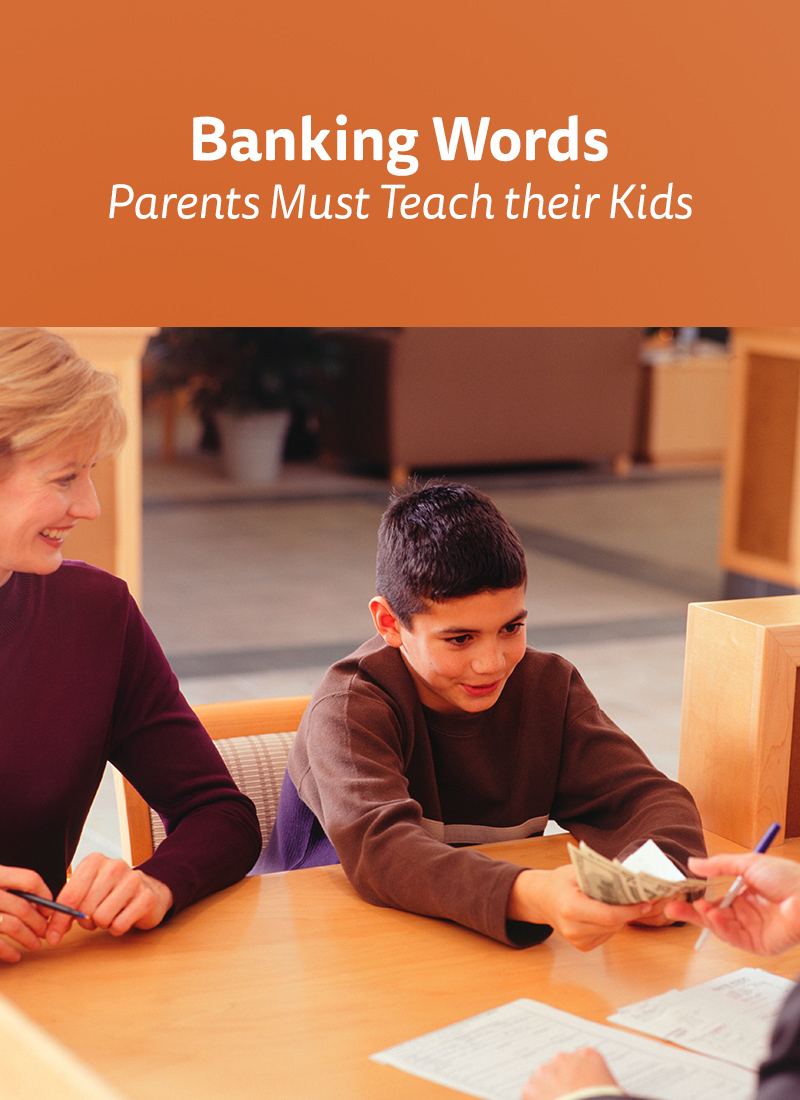Uncategorized Archives - Homey App for Families
Family Activities that Teach Personal Responsibility

Do you often feel unappreciated for all the clothes you’re folding, dinners you’re making, and rooms you’re cleaning? It’s probably time your child learns about personal responsibility! Not only will it improve your relationship with your child, but will help them grow into a caring and hardworking adult.
How to Fund Your Children’s Extracurricular Fun
Having children can be an amazing journey: getting to watch them grow and learn and develop into full-fledged adults, figuring out what they love and what they want to spend their lives doing.
But children can also be incredibly expensive, particularly when it comes to extracurricular activities. Think about kids sports, to name just one thing. There are camps. There are leagues. This is training and coaches. There might be travel and equipment. All of that adds up to a gigantic industry—over $15 billion—and that has to get funded by, you guessed it, parents.
6 Tips to Teach Your Children How to Do Chores
Chores are a fantastic opportunity for children to share in the household work and to learn to use their hands, brains, and bodies to help others. When children take part in household chores, they feel needed and part of something. They build self-confidence and self-esteem when they feel they are contributing something concrete to the family. These learned skills carry over into other relationships outside of the family. The purposeful movement of washing dishes, sweeping the floor and folding clothes is a great way for children to get rid of excess energy and reduce stress. Here are six tips on introducing chores to your children.
What to Look for When Choosing a Bank for Kids
 Setting up a bank account for your kids is a big deal. This is the first step towards admitting that they are getting older and must learn to be financially responsible. Some parents may look forward to this day while others aren’t quite ready. With that being said, it’s important to know what to look for when choosing a bank for kids, because this is their first experience and you want it to go well.
Setting up a bank account for your kids is a big deal. This is the first step towards admitting that they are getting older and must learn to be financially responsible. Some parents may look forward to this day while others aren’t quite ready. With that being said, it’s important to know what to look for when choosing a bank for kids, because this is their first experience and you want it to go well.
Not all bank accounts are appropriate for kids, and you also might want to think about what the account is for – is it for long term or short term saving, is it to have a place to put all those quarters your kids have in their piggybank, is it to manage their allowance or birthday money, is it to have an overview over their financial habits or is it to make their spending easier. Here’s what to look for.
Educating your Kids on Advertising
 Both online and in person marketplaces are full of advertising. Most kids notice this advertising but don’t think of the bigger picture and how it affects them.
Both online and in person marketplaces are full of advertising. Most kids notice this advertising but don’t think of the bigger picture and how it affects them.
Advertising can encourage the purchase of both necessary as well as unnecessary and potentially unhealthy products. From the day your kids are born to the day they leave this Earth, advertising will be a predominant part of their life.
Since kids are especially susceptible to these messages, which will stay with them throughout their lives, it’s important to educate your kids on how advertising works.
Strategies to Help your Kids Become More Responsible
 The first thing every parent seems to do is blame themselves for behavioural issues that arise with their kids. While every parent has one mission and one mission only, to raise their kids to be well rounded, good mannered, intelligent adults, there’s still a piece that parents overlook. No matter how much you work to teach your kids, they still have that little element of personal choice. Kids can be taught to be more responsible but it will take them a few mishaps to learn how to truly be accountable for their actions. Today we want to discuss a few strategies to help your kids become more responsible, this alleviates the parents feeling as if they failed and helps guide the kids forward to being responsible, well-rounded adults.
The first thing every parent seems to do is blame themselves for behavioural issues that arise with their kids. While every parent has one mission and one mission only, to raise their kids to be well rounded, good mannered, intelligent adults, there’s still a piece that parents overlook. No matter how much you work to teach your kids, they still have that little element of personal choice. Kids can be taught to be more responsible but it will take them a few mishaps to learn how to truly be accountable for their actions. Today we want to discuss a few strategies to help your kids become more responsible, this alleviates the parents feeling as if they failed and helps guide the kids forward to being responsible, well-rounded adults.
Money Goals for Kids
 While kids are quick to understand short term money goals, teaching them to set mid and long term financial goals may not be that easy. If you work to follow all of the suggestions we have shared here, then perhaps the financial goal teaching side of parenthood will be easier for you and your kids.
While kids are quick to understand short term money goals, teaching them to set mid and long term financial goals may not be that easy. If you work to follow all of the suggestions we have shared here, then perhaps the financial goal teaching side of parenthood will be easier for you and your kids.
Children need to learn how to set money goals because they will become an adult at some point and it is smart that they learn to to start planning for their financial future now.
Here are some tips on how you can help your kids create their own money goals without much stress.
Important Banking Words Parents Must Teach their Kids
 One subject that can impact your kids’ life well into adulthood is financial education. Most school systems don’t teach any financial skills, but parents should.
One subject that can impact your kids’ life well into adulthood is financial education. Most school systems don’t teach any financial skills, but parents should.
You can start by teaching your kids banking words so that they grow up to have a well-developed education in finance and understanding of what is going on with their money. You can practice them with your kids by having a relaxed conversation with your kids when they accompany you to the bank.
Here are some basic banking words that are often used in everyday life, so your kids should soon get a chance to hear them or even use them.
Tips for Teaching Delayed Gratification to Kids
 With the fast pace life we all live, it’s no wonder kids are having a hard time delaying their gratification – today’s culture makes them impatient, wanting for things right now.
With the fast pace life we all live, it’s no wonder kids are having a hard time delaying their gratification – today’s culture makes them impatient, wanting for things right now.
When you teach your kids the gift of delayed gratification, they start to feel more relaxed, patient and are actually kinder to others. Delayed gratification is definitely something we all can benefit from.
Kids who grow up being taught to wait, will have a more well-rounded attitude when they venture into adulthood. And all research shows, that kids who master delayed gratification when young are more successful as adults. Here are three tips for teaching delayed gratification to kids.
How to Encourage Kids to Save Money
 If you are a parent trying to determine the best way to encourage your kids to save money, you are not alone. Part of our jobs as a parent is to teach our kids how to survive in the real world, and financial responsibility is of high importance in the list of life skills we must teach our kids.
If you are a parent trying to determine the best way to encourage your kids to save money, you are not alone. Part of our jobs as a parent is to teach our kids how to survive in the real world, and financial responsibility is of high importance in the list of life skills we must teach our kids.
There is no one solution fits all scenarios when it comes to encouraging kids to save money. Each kid thinks differently about money and while you may think you are being the example, sometimes kids are simply big spenders by nature. Here are some ways you can help encourage your kids to save money and hopefully grow up to become financially savvy adults.
